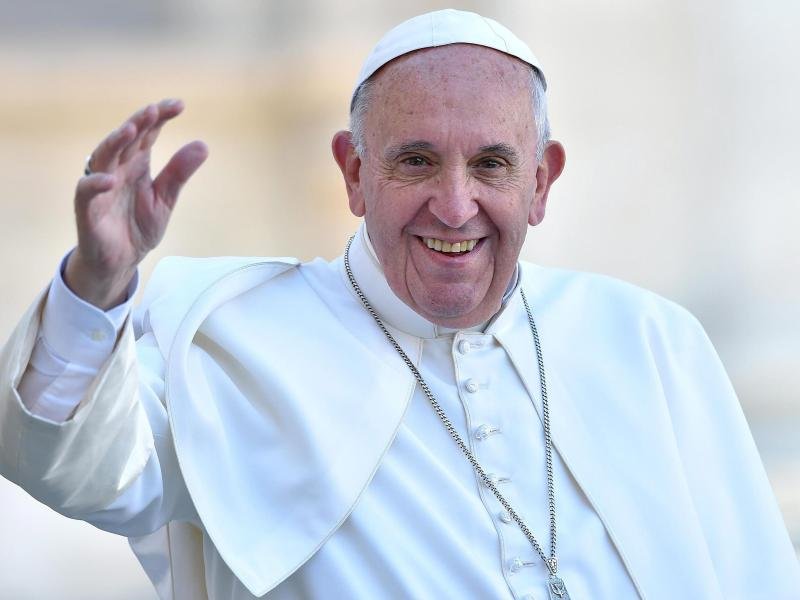The Vatican and the Roman Catholic Church aren’t exactly the first people that come to mind when it comes to artificial intelligence. All the more surprising was the report from last week that the Vatican was involved in a handbook on the ethics of artificial intelligence, among other things.
Advertisement
The handbook, titled “Ethics in the Age of Disruptive Technologies: An Operational Guide,” was created in collaboration with the Markkula Center for Applied Ethics at the University of Santa Clara in California. To be more precise: Together with the Institute for Technology, Ethics and Culture (ITEC), which in turn cooperates with the Vatican’s culture and education authority on technical issues. The approximately 100-page guide is intended to help the tech industry address ethical issues related to AI, machine learning, encryption and tracking. The publication is timely in the context of the currently planned AI Act at EU level.
Ethical guidelines and checklists for companies
The ITEC manual is not aimed at politicians, but primarily at companies that work with new, disruptive technologies. The goal is to create rules that people can use in their day-to-day work, “whether it’s writing code or a technical manual or thinking about workplace culture issues,” Ann Gregg Skeet, one of the authors, told Gizmodo.
The ITEC manual formulates seven ethical principles for everyone who works with disruptive technologies such as artificial intelligence. These include “respect for human dignity”, “investment in humanity” and “privacy and confidentiality”. The seven principles are in turn divided into various sub-points, such as the commitment not to “collect more data than necessary”. Or the goal of “creating stronger communities” with the help of technology.
In addition to ethical guidelines, ITEC also formulates the operational guidelines mentioned in the title. It is designed so that companies can use it to integrate values and ethics into their technology and corporate culture. A multi-stage roadmap is about clearly defining the cornerstones when developing a new product or founding a new company in order to act according to the principles mentioned above.
With new technologies, Church locations are also changing
Advertisement
“The handbook lists ethical guidelines and principles that have emerged over the years in the AI debate,” says philosopher and theologian Anna Puzio, who deals with ethics of technology and who co-founded the Network for Theology and AI. Ethical principles would simply be transferred to new contexts, leaving it vague. And while Puzio finds it commendable that environmental protection is mentioned, the formulated ethics are “western and anthropocentric” and thus ignore both philosophical debates and non-western ethical approaches.
In general, however, it is important that churches, religions and theologies deal with new technologies, says Puzio: “Technology and AI are changing how we live, communicate, work, shape politics, society and also religious practices. Technologization is therefore relevant for a theology that claims to be linked to the reality of human life.”
In other words: With new technologies, the places of the church change. “Orientation is important, but at the same time it needs more commitment,” says Puzio. “It needs theologians in the design, in the development and in the shaping of the use of AI. It needs experts who have both expertise and diversity.”
(jl)
To home page
